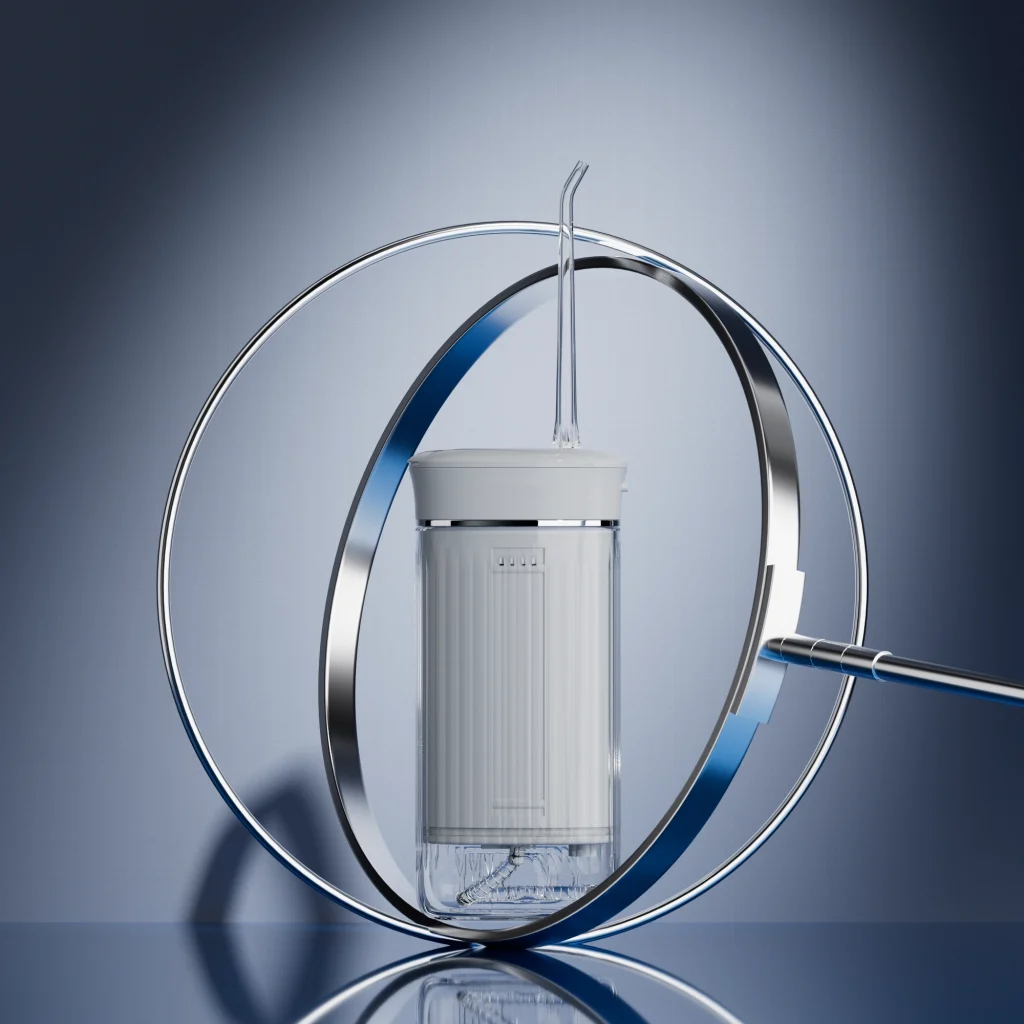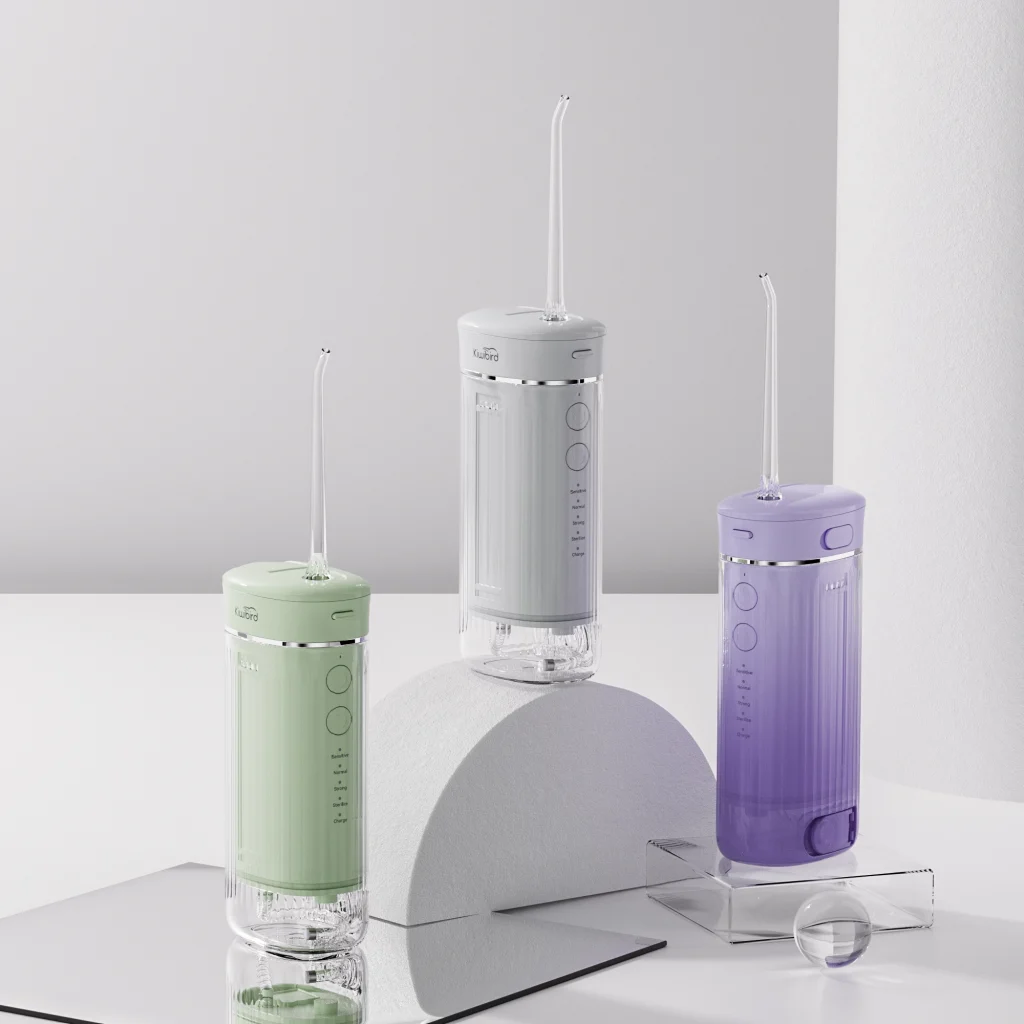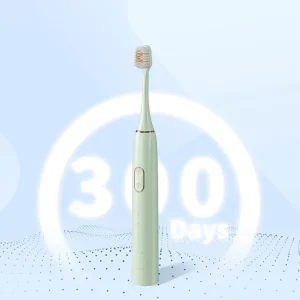Mold errors in manufacturing can lead to costly defects, production delays, and a compromised product experience. For water flosser manufacturers, ensuring Flosser Anti-Misoperation features and implementing a robust Mold Maintenance strategy are crucial steps toward achieving high product quality and production efficiency. This blog explores how these two factors can help overcome mold-related challenges and ensure smooth manufacturing operations.
The Challenge of Mold Errors in Water Flosser Production
Mold errors occur due to various factors, including wear and tear, improper handling, and inadequate maintenance. These errors can result in defects such as warpage, dimensional inconsistencies, or surface imperfections, all of which negatively impact the Flosser Anti-Misoperation mechanisms. A poorly molded component may fail to fit correctly, leading to assembly failures or operational malfunctions in the final product. Understanding these challenges is the first step toward implementing effective solutions.
How Anti-Misoperation Features Reduce Defective Production
A well-designed Flosser Anti-Misoperation system ensures that components fit and function correctly, minimizing user errors and operational failures. If the mold produces defective parts, the anti-misoperation mechanism may fail to align properly, leading to performance issues in the flosser. By integrating smart design solutions, such as precise locking mechanisms and sensor-based detection, manufacturers can mitigate these risks. However, achieving consistent anti-misoperation functionality requires maintaining mold accuracy and preventing defects before they occur.
Preventative Mold Maintenance: A Proactive Approach
Effective Mold Maintenance is essential for preventing production disruptions and ensuring product consistency. Regular cleaning, lubrication, and inspection of molds can significantly reduce wear and prolong their lifespan. Advanced maintenance strategies include:
- Automated Monitoring Systems – Detect early signs of wear or misalignment.
- Preventative Maintenance Schedules – Reduce unexpected downtime and costly repairs.
- High-Quality Mold Materials – Enhance durability and precision, ensuring consistent product quality.
By prioritizing mold maintenance, manufacturers can reduce production defects and ensure that Flosser Anti-Misoperation features function reliably.
The Role of Advanced Mold Materials and Coatings
To further improve mold performance and longevity, many manufacturers are adopting high-durability materials and coatings. These enhancements help minimize deformation, reduce adhesion of plastic residues, and maintain the fine details required for Flosser Anti-Misoperation mechanisms. High-performance coatings also prevent corrosion, ensuring molds remain in optimal condition for longer periods, thereby reducing operational costs and improving efficiency.
Integrating Smart Technology for Optimized Mold Performance
Smart manufacturing technology plays a crucial role in ensuring mold reliability. By incorporating real-time monitoring and predictive maintenance tools, manufacturers can address potential mold issues before they lead to defects. Data-driven analysis can help track patterns of wear and adjust production settings to optimize both Mold Maintenance and Flosser Anti-Misoperation efficiency. These innovations help manufacturers maintain high precision and reduce overall defect rates.
The Future of Flosser Production: Efficiency Through Innovation
Looking ahead, advancements in mold design, material engineering, and automated maintenance will further enhance water flosser manufacturing. Manufacturers that adopt proactive Mold Maintenance strategies and refine their Flosser Anti-Misoperation features will achieve greater product consistency, reduced waste, and improved consumer satisfaction. Investing in these technologies today ensures a competitive edge in the evolving oral care market.
Conclusion
Mold errors can significantly impact production efficiency and product quality, but by implementing Flosser Anti-Misoperation solutions and prioritizing Mold Maintenance, manufacturers can mitigate these risks. A proactive approach to mold care, combined with advanced materials and smart monitoring, ensures high-precision production, reduced downtime, and superior product reliability. By embracing these strategies, manufacturers can achieve smoother operations and maintain a strong position in the competitive water flosser market.https://www.powsmart.com/about-powsmart/





